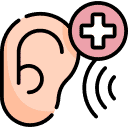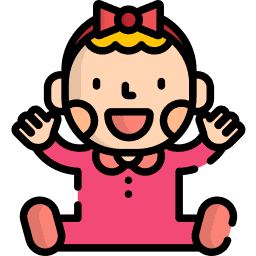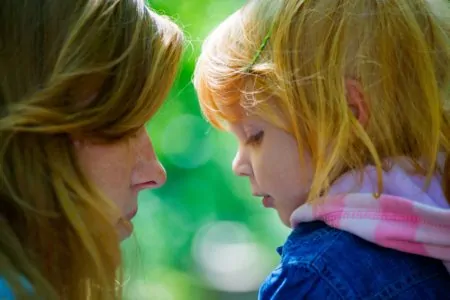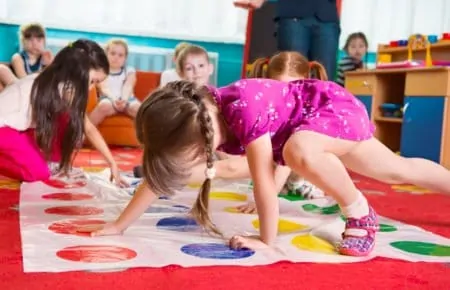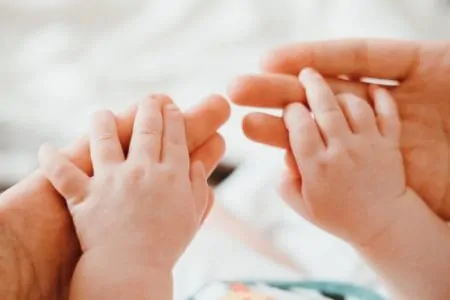Hearing that first real giggle is a parenting highlight reel moment. While those early milk-drunk smiles are cute, nothing beats the sound of genuine baby laughter. But the waiting game can feel like it takes forever.
If you are trying to turn those grins into guffaws, here is what you need to know. We looked at the developmental milestones to answer the big question: When do babies actually start laughing?
Key Takeaways
- Babies typically start laughing out loud between 3 and 4 months old.
- The first laughs are usually responses to physical stimulation, like tickling or bouncing.
- If your baby is not laughing by 6 months, consult your pediatrician to rule out developmental delays.
- You can encourage laughter through face-to-face play, funny noises, and games like peekaboo.
When Do Babies Start Laughing?
Most babies start laughing out loud around three or four months of age. While you might see smiles much earlier, those first few chuckles usually happen once your little one can better process the world around them.
According to developmental experts, early smiles at 6 to 12 weeks are often “social smiles,” but a full belly laugh takes a bit more brainpower. Your baby needs to understand that something is unusual or surprising to find it funny (1).
If you hear a giggle before three months, it might just be a reflexive sound or a happy squeal rather than a response to humor. Real laughter requires your baby to recognize patterns and realize when those patterns are broken in a safe, fun way.
Fun Fact
Babies develop their own sense of humor surprisingly early. Research shows that by four months old, babies are not just mimicking parents; they are genuinely reacting to things they find funny, independent of mom or dad’s reaction (2).
What to Do If Your Baby Is Not Laughing
First, take a deep breath. Milestones are averages, not strict deadlines. Some babies are serious observers who prefer to watch the world rather than giggle at it.
If your baby has not laughed by four or five months, look at the bigger developmental picture. Are they meeting other milestones?
- Social smiling: Do they smile when you smile at them?
- Eye contact: Do they follow objects or faces with their eyes?
- Sound reaction: Do they turn toward new noises?
If these other areas are on track, your baby might just need a little more time. However, if your child is six months old and has never laughed or rarely smiles, bring it up with your pediatrician. They can check for hearing issues or other developmental delays.
How to Make Your Baby Laugh
Ready to turn those smiles into chuckles? You need to engage their senses. Here are the best ways to get a giggle out of your little one:
- Belly raspberries: Blowing raspberries on your baby’s tummy creates a funny sound and a ticklish vibration they love.
- Eskimo kisses: Rubbing noses is a sweet, tactile way to bond and often leads to giggles.
- Funny faces: Pop your eyes, stick out your tongue, or puff your cheeks. Visual humor is huge for infants.
- Peekaboo: This classic game teaches object permanence and offers a fun “surprise” element that babies find hilarious.
- Physical play: Gentle bouncing on your knee or “flying” them in the air (once they have head control) creates a fun physical sensation.
- Funny sounds: exaggerated sneezes, animal noises, or lip-popping sounds can trigger laughter.
- Tickling: Gentle tickles under the chin or on the feet are reliable buttons to push.
- Chase the siblings: Watching older siblings run around or act silly is often entertainment enough.
Helpful Hint
Timing is everything. Try these tricks when your baby is well-rested and fed. A tired or hungry baby is more likely to cry than laugh, no matter how funny your face is.
FAQs
Here are common questions parents ask about baby laughter and development.
The Bottom Line
Laughter is one of the sweetest milestones, typically arriving around month four. If your little one is taking their time, do not panic. As long as they are hitting other developmental targets, their unique sense of humor is likely just around the corner.
So, when do babies laugh? When they are ready, rested, and engaged. Keep playing peekaboo, making silly faces, and enjoying the bonding process. That first belly laugh is worth the wait.


